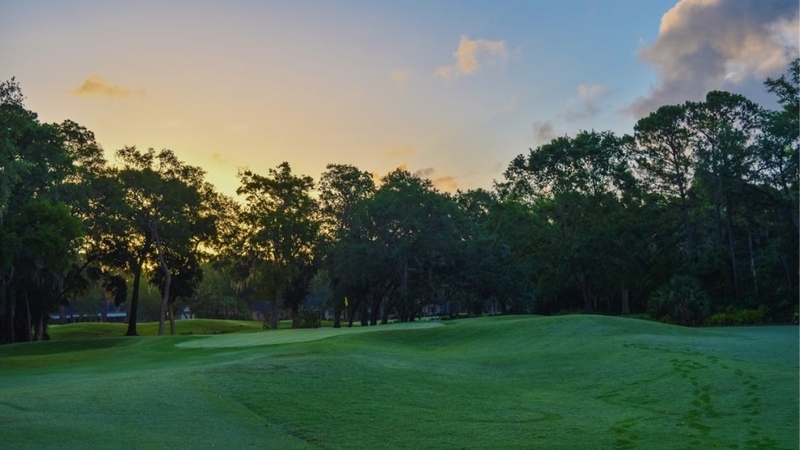Most industries around the world have started showing environmental consciousness. So, modern golf courses also have become eco-friendly and more sustainable. Golf course operators and owners implement some sustainable practices to attract more players.
Eco-friendly Solutions for Managing Golf Courses in Michigan
The beautiful golf courses have a luscious and serene landscape. The calm lakes and green fairways can easily catch the attention. So, let’s discover how golf course operators manage the course without affecting the environment.
Investing in Energy-Efficient Environment
The top 10 golf courses in Michigan and beyond depend on energy-efficient equipment for daily maintenance. For instance, they use fully electric or hybrid mowers to control the grass length. Some equipment pieces are powered by solar panels to produce electricity.
The upfront investment for energy-saving tools is slightly high. However, they will reduce the operational costs in the future.
Chemical Usage Management
Herbicides and pesticides are often applied to the golf course to maintain the landscape and turf. But, these chemicals negatively affect the environment.
To minimize chemical exposure and its effects, golf course managers use an innovative pest management strategy. They choose low-toxic, organic products with a biodegradable formula. It is also essential to implement the right technique for the storage and disposal of chemicals. The golf course owners should educate their staff about the risks of using harmful chemicals.
Choose Manual Watering
Manual watering is another sustainable practice for the upkeep of the putting green. Some golf course areas need more water. Indeed, irrigation systems are a labor-efficient solution. However, hand watering ensures the proper use of water throughout the golf course. It will reduce the risk of overwatering and underwatering some parts. Some golf course owners think it will be costly to hire dedicated workers for watering. That is why the best solution is to choose a hybrid approach that combines manual watering and irrigation systems.
Grow Sustainable Grasses
Grasses of different varieties need varying levels of water and provide diverse experiences. The choice of grass species will make a difference in golfing experience. Today, most golf course managers choose grass that needs minimal water. The drought-tolerant grasses are best for the hot summer season. For instance, Bermuda grasses are heat-resistant and need less water to thrive. Golf courses with artificial turf grasses need no mowing or fertilizer.
Apply Recycled Water for Managing Golf Courses
Recycling and reusing water will be the best approaches to benefit the environment. Golf course managers use recycled water to conserve water resources and save energy. For instance, stormwater runoff is the best source of recycled water. In some cities, municipalities help with the supply of recycled water. It will minimize the cost of water transportation to golf courses.
So, these are some sustainable solutions for maintaining golf courses. Golf course owners look for better techniques and implement innovative technologies to preserve the beauty of the course. An eco-friendly golf course in Michigan also draws the attention of many professional and amateur golfers.
